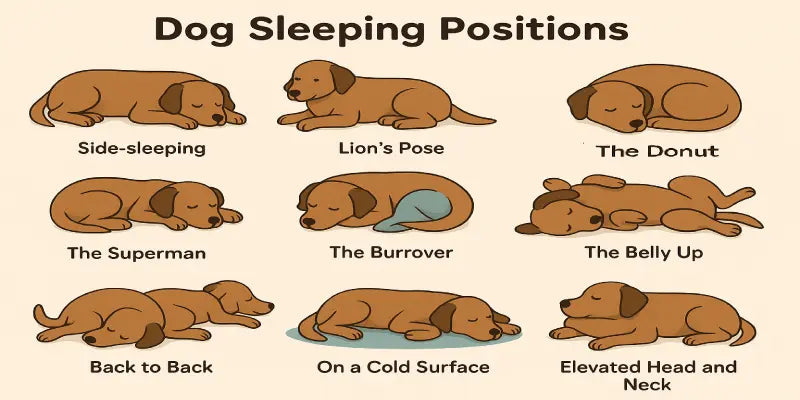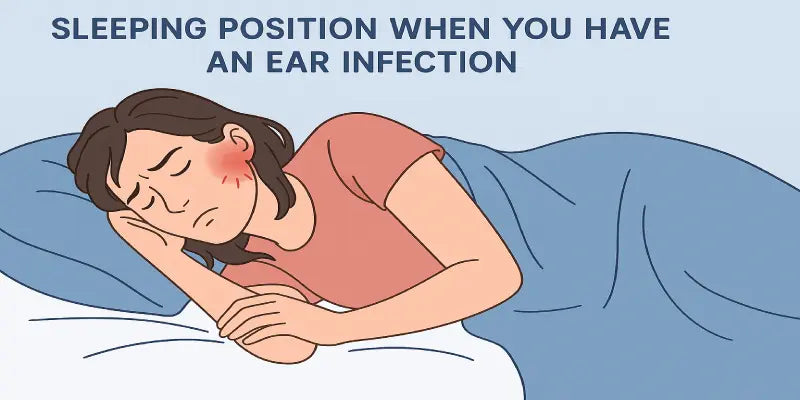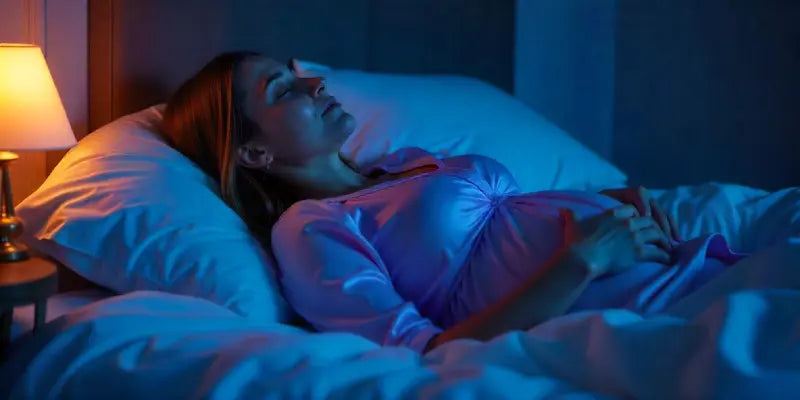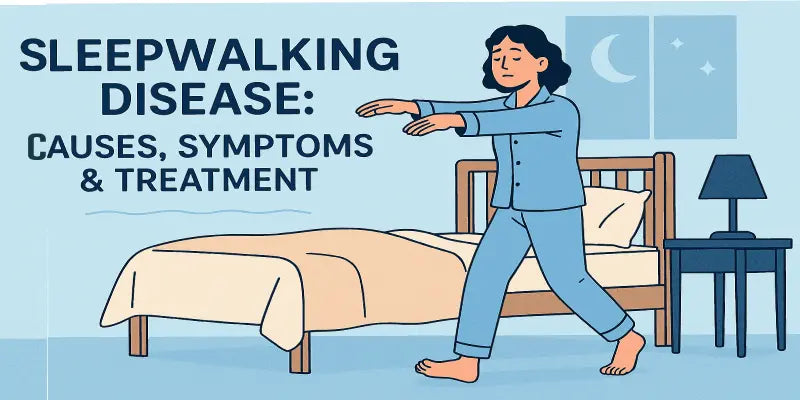
How You Can Sleep With a Concussion
Recovering from a head injury or suspected concussion can be challenging. Especially when it comes to sleep. Concussion is a head injury which happens when your brain moves or twists inside your skull. In most cases, concussion is not life threatening or causes permanent brain damage but you need to consult your healthcare provider at the earliest to monitor your situation.
Sometimes, the person with a concussion is warned to stay awake for several hours. This advice comes from a belief that sleeping when you have a head injury or concussion, you might go in come or even lead to death. So, when you get a concussion, you may think about when it is safe to sleep and how you can sleep with a concussion. In this blog, we’ll understand how you can sleep safely with a concussion.
Tips for Better Sleep With a Concussion
There are things you need to take care of to sleep safely and recover from a concussion. These tips will help you to sleep past the few days or weeks after concussion.
Consult Doctor Before Anything
Always consult with a health professional about your condition and seek personalized advice. They can provide advice tailored to your specific situation. It could take days to completely recover from concussion, in the meantime, you need to be safe. Always discuss this with your doctor and take advice if you have any doubts.
Create a Relaxing Atmosphere
A peaceful sleep environment can help you sleep better at night. It is advised to keep the room dark, you can use blackout curtains to reduce light. Always try to limit noise, you can use earplugs or white noise devices. The temperature should be comfortable enough so that it doesn't disrupt your sleep. Cooler bedroom is always a better choice.
Create a Sleep Routine
Just like you have a regular routine for medications, meals or other activities, you must keep a regular sleep schedule too. A consistent sleep schedule helps control your body clock by going to bed and waking up at the sametime every day. Even on weekends,try to go to bed at the same time and don’t wake up late in the morning.
Limit Screen Time
Most people these days, lay in bed and use their smartphone to exhaust themself to sleep. If you do so, stop doing it from today as screens before bed can make it even more difficult for you to sleep. Reduce your exposure to screens (phones, tablets, TVs) at least an hour before bed. Blue light can disrupt your sleep.
Manage Symptoms
Headache, dizziness, balance problems, blurred vision, ringing in the ears, nausea, vomiting, fatigue, drowsiness could be the possible physical symptoms of concussion. If you have headaches, sensitivity to light, or nausea, staying hydrated is important. Drink plenty of water during the day. Take a break Rest during the day and avoid strenuous activities. You can use over-the-counter pain relief to manage the symptoms. Medications can help manage headaches if approved by your doctor.
Practice Relaxation Techniques
Don’t go to bed unless you feel sleepy. You can practice relaxation techniques before bed to unwind. You can try breathing exercises, take a deep breath, then exhale slowly to calm your mind. You can also try gentle stretching to relieve tension. Avoid doing heavy workouts right before bed as they can make it hard for you to sleep.
Avoid Stimulants
Limit caffeine and nicotine or you can completely avoid it to sleep better at night. Especially in the afternoon and evening because it can disturb sleep.
Nap Smartly
Avoid taking afternoon naps if you can. If you must take a nap, always go for a power nap of 20-30 minutes. Also, avoid taking naps in the evening hours.
Conclusion
Sleep is important for brain recovery after a concussion, so it's important to get a good night's sleep. You can follow all these tips to sleep better at night. However, it can be difficult to notice worsening symptoms while you're asleep, so family members might need to wake you up every few hours to monitor your symptoms. Ask your doctor if it is okay for you to use a pillow and if allowed, always go for a memory foam pillow.








